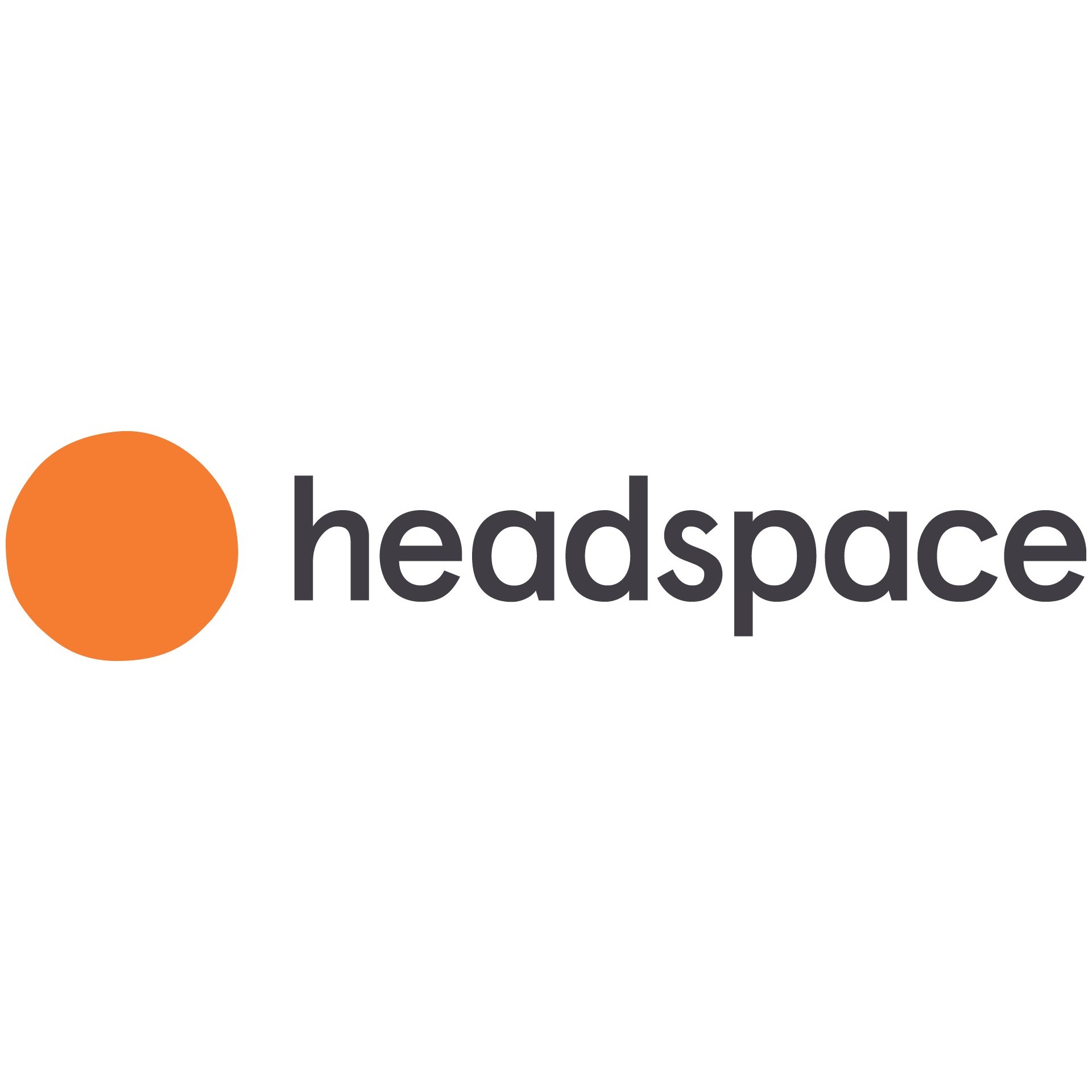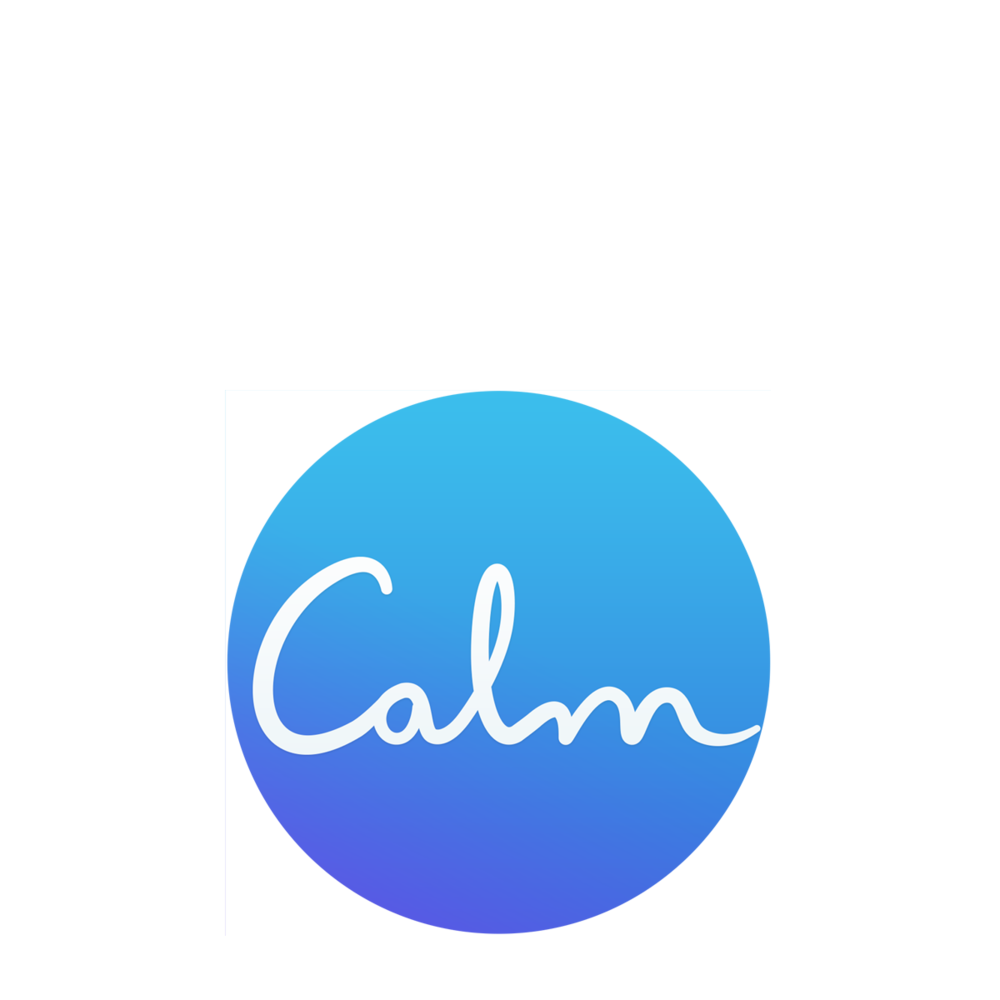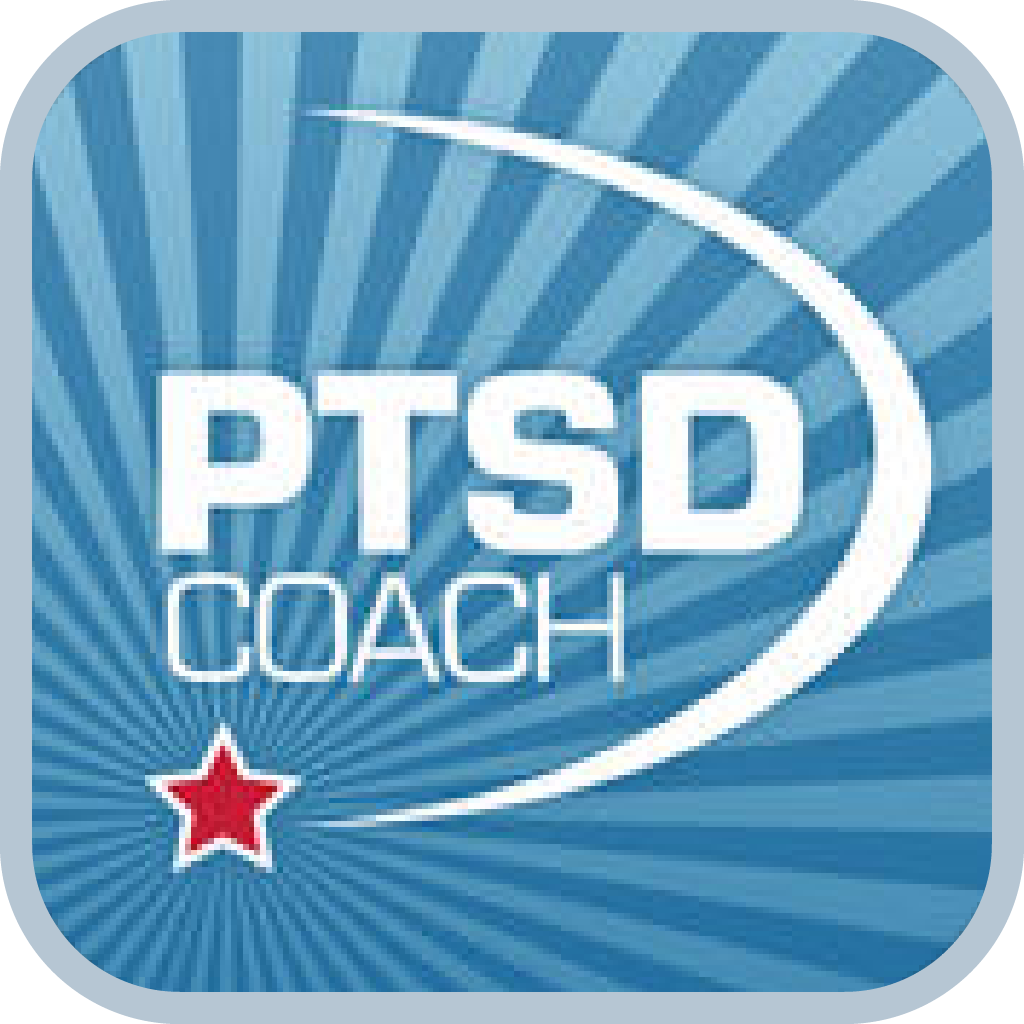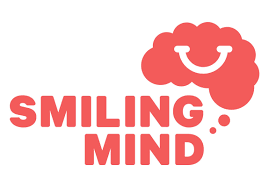Evidence-based mental health apps to get through COVID-19
Present circumstances may require accessible digital mental health support. There are many mental health apps available, however as of Nov 2019, only 3.4% of apps had an evidence-base to back their claims making it difficult to find reliable recommendations on which to use (1). Unfortunately, many of the apps on the NHS Apps Library were unavailable, under review or only available in certain parts of the UK.
This article describes currently available apps which are supported by trial data.
All are available on IOS and Android and are either free or provide a free trial.
Generally, they all use mindfulness to reduce stress / anxiety.

Headspace
Focus: meditation, mindfulness and sleep
For: stress / anxiety / depression
Price: free 14 day trial, then £49.99/year (free for NHS through this link )
Format: browse and participate in courses, exercises and group meditation sessions of varying lengths
Evidence: two randomised controlled trials (208* + 74 participants, 18-59 years) (2,3)
Intervention: use of app for 10 mins per day for 10 days / 10-20 mins per day for 10 and 30 days (2,3)
Outcome: significant improvements in depressive symptoms, college adjustment, and mindfulness (2). Positively impacted self-reported satisfaction with life, stress, and resilience (3)
Follow-up: improvement was largest at the 10-day assessment point, dropping moderately by day 30, lacking long term follow-up beyond 30 days (2,3)
User experience: beautiful to look at, calming, easy to use
*NB: 208 participants split in 3 groups; 2 apps and 1 control (2)

Calm
Focus: meditation, sleep, relaxation
For: stress / anxiety
Price: free 7 day trial, then £29.99/year
Format: browse and participate in sessions which include music and calming scenery
Evidence: one randomised controlled trial (88 participants, college students around 20 years old) (4)
Intervention: use of app for average of 38 mins per week for 8 weeks (4)
Outcome: significant differences in all outcomes (stress, mindfulness, and self-compassion) (4)
Follow-up: review at 12 weeks found significant effect on stress and self-compassion persisted (4)
User experience: also beautiful to look at, calming, easy to use

PTSD Coach
Focus: meditation, sleep, relaxation
For: PTSD / anxiety
Price: free
Format: browse and participate in guided mindfulness sessions with a relaxing speaker
Evidence: one randomised controlled trial (120 participants, 18-49 years) (5)
Intervention: use of app for 3 months (5)
Outcome: significantly greater improvements in PTSD symptoms, depression symptoms, psychosocial functioning and clinically significant PTSD symptom improvement (5)
Follow-up: follow-up at 3 months included but no significant difference from control group at follow-up (5)
User experience: first met with some intimidating legal agreements, following that a relaxing and relatively user friendly interface

Smiling Mind
Focus: meditation, balanced-lifestyle
For: stress / anxiety
Price: free
Format: browse and participate in mindfulness lessons / exercises
Evidence: one randomised controlled trial (208 participants*, aged 18-49 years) (2)
Intervention: use of app for 10 mins per day for 10 days (2)
Outcome: significant improvements in depressive symptoms and resilience (2)
Follow-up: lacking long term follow-up beyond 30 days (2)
User experience: fairly easy to use, less attractive and relaxing to look at than the paid-for apps
*NB: 208 participants split in 3 groups; 2 apps and 1 control (2)
References
1. Jamie M. Marshall, Debra A. Dunstan and Warren Bartik. The Digital Psychiatrist: In Search of Evidence-Based Apps for Anxiety and Depression. [Webpage] Available from: https://www.frontiersin.org/articles/10.3389/fpsyt.2019.00831/full [Accessed 31.3.20]
2. Flett, Jayde & Hayne, Harlene & Riordan, Benjamin & Thompson, Laura & Conner, Tamlin. (2018). Mobile Mindfulness Meditation: a Randomised Controlled Trial of the Effect of Two Popular Apps on Mental Health. Mindfulness. 10. 10.1007/s12671-018-1050-9.
3. Champion L, Economides M, Chandler C. The efficacy of a brief app-based mindfulness intervention on psychosocial outcomes in healthy adults: A pilot randomised controlled trial. PLoS One. 2018 Dec 31;13(12):e0209482. doi: 10.1371/journal.pone.0209482. eCollection 2018.
4. Huberty J et. al. Efficacy of the Mindfulness Meditation Mobile App “Calm” to Reduce Stress Among College Students: Randomized Controlled Trial. JMIR Mhealth Uhealth. 2019 Jun; 7(6): e14273.
5. Kuhn E. et. al. A randomized controlled trial of a smartphone app for posttraumatic stress disorder symptoms. J Consult Clin Psychol. 2017 Mar;85(3):267-273. doi: 10.1037/ccp0000163.
I have no conflicts of interest to declare and no affiliation with any of the apps described. No financial or other material gains resulted from this review. The 'user experience' sections represent my own personal views based on brief use of the apps.
Written by Dr Rachel Coles, paediatric trainee, on 31st March 2020
Please email any comments or questions to covid@medshr.net
Loading Author...
Sign in or Register to comment